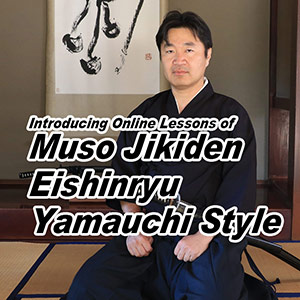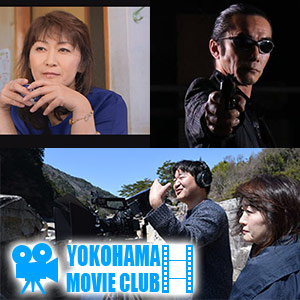Originally, there was a pond. In 1926, when the pond was reclaimed, people built Benten Shrine. Later for praying great development of Horikiri, people in Horikiri made all other statues to make complete Shichifukujin.
Shichifukujin (七福神)
... is the team of Seven Lucky Gods. The member of Shichifukujin consists of Seven Gods from Shintoism, Buddhism, Hinduism and Taoism. As the god of wealth, happiness, health, business and long life, Japanese people love them for long time. There is a great benefit after worshipping all of them.
Benzaiten (弁財天)
... is only goddess. She is originally Hindu Goddess. Because she is the god of water and river, she is enshrined mostly near ponds, islands, river, lake or near water. The sound of "Zai" is also means fortune, therefore she became the goddess of fortune and money. Also, because she always carries a lute, she is considered as the goddess of music and entertainment.
Note: She doesn't have a boyfriend and she get a jealousy so easy. Better not to visit with a couple.
Ebisu (恵比寿)
... is the only Japanese God. He has fishing rod on the right hand, and has a big red bream under his left arm. He always wears a hunter cloth. He is the fist son of Izanagi and Izanami, the grand god and goddess and the creator of Japan. Because he had a handicap with his legs, he was abandoned to the sea. Later, he grown up greatly and came back as the god of sea. In old time, he was god of fishing. In the middle age, he became also the god of the business and the productiveness of grain.
Note: His happy smile is called Ebisugao.
Daikokuten (大黒天)
is combination god of Japanese god, Okuninushi, and Shiva of Hinduism. Originally, he was only Shiva. Japanese Kanji "Daikoku" literary means "the great darkness." He had aspects of "Battle," "Fortune" and "Hell." Later, because the sound of "Daikoku" was the same of "Okuni-nushi" who is one of the most important Japanese god, Shiva and Okuninushi were combined and became Daikokuten. When he was born, he was god of destruction and rich grain. Later, he lost the aspect of destruction, and became the god of food and fortune. He always stands on rice bales. He has Uchideno Kozuchi on his right hand, and Fukubukuro on his left hands. Uchideno Kozuchi is a small hummer. Each time he swings his hummer, it produces money. Fukubukuro is a bag filled with valuable treasures.
Bisyamonten (毘沙門天)
... is the god of Hinduism. Originally, he was god of fortune and treasure. When his story was imported to China, he became the god of a warrior and a guardian north direction. When he was imported from China, he had both aspects of a fortune and a worrier. He is considered as the god of fight, challenge and victory.
Hotei (布袋)
... is ancient chinese Buddhist priest lived in late 10th century. Because he always carried a big bag, he was nicknamed Hotei, "Fabric Bag." When he received the treats, he put them into his bag. His another charming point is his big belly which represents the wealth and large heart. Later, he became one of god of success and fortune. His bag is called Kanninbukuro.
Note: There is a Japanese term "Kanninbukuro no Ogakireru." This means some who hardly get upsets and angry just like Hotei gets finally madly angry.
Fuku Roku Ju (福禄寿)
... is the god or wish of Taoism. He represents three most important wish in Taoism: "Kou-Fuku" for having children. "Hou-Roku" for the money and fortune. "Cho-Ju" for long life. He is very small guy with long head and long beard. He always carries staff and have his crane on his side.
Jurojin (寿老人)
... is "Roshi," the saint of Taoism. He is the avatar of Canopus. Because he drank the sacred medicine of immortality, he is considered as the god of long and healthy life. He carried his medicine of immortality in his canteen and have a peach on his hands. Peach also represents the long life. His deer represents the harmony of long life and nature.
Note: He love Sake.






